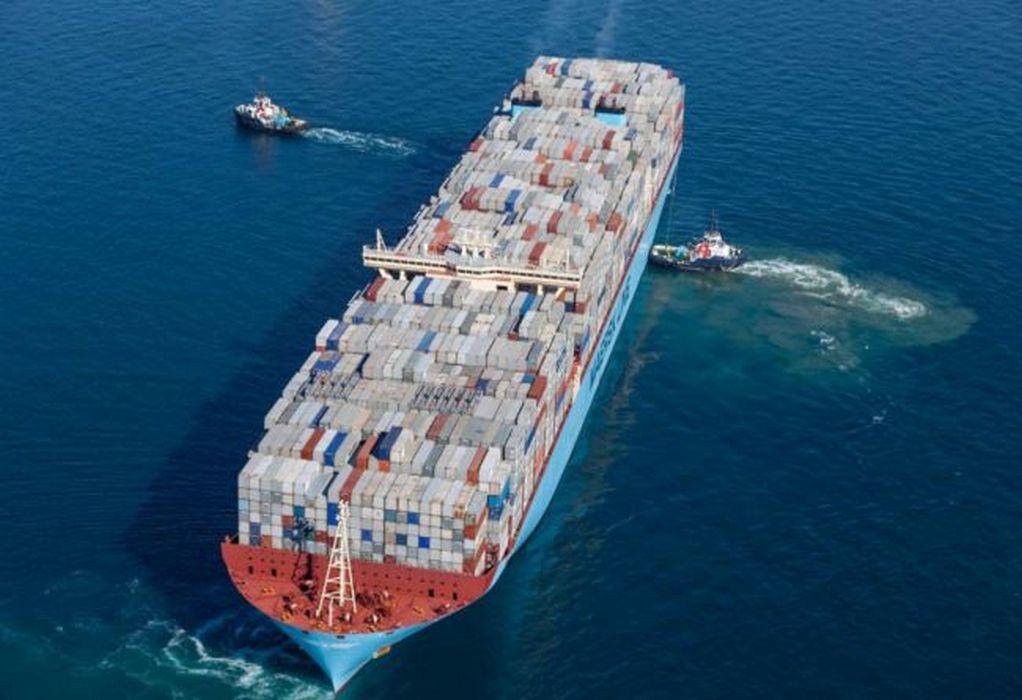The organisation that regulates shipping made little fresh progress toward decarbonising the industry during a series of meetings last week. The main outcome from talks hosted by the United Nations’ International Maritime Organization was agreement to revise, in 2023, its decarbonisation strategy – and that wasn’t really new. A non-binding proposal on zero emissions didn’t get official approval. And a plan for a small charge on fuel to raise money for research and development into cleaner shipping was deferred to a future meeting.
Shipping’s current 2050 target falls well short of what’s required to align the sector with the Paris Agreement’s ambitions on limiting temperature rises. Yet the IMO has yet to set solid rules — or even a target — that would get the industry on track.
“This was disappointing,” said Simon Bergulf, regulatory affairs director at A.P. Moller-Maersk A/S, the world’s largest container line. Momentum on shipping from COP26 climate talks, “did not translate at all.”
Missed Opportunity
The main achievement on emissions from the week-long meeting was recognizing the need to “strengthen the ambition” of the IMO’s current decarbonization strategy, which includes pollution-reduction targets. A major shipping trade group called the talks a missed opportunity. Getting the industry to zero emissions will require the sector to wean itself off oil-derived marine fuels and use more expensive, less polluting alternatives. Many see a carbon levy as a way to bridge that price gap, but getting agreement at the global level won’t be easy. Not every proposed major GHG cutting mechanism for shipping is entirely based on financial incentives.
The IMO does have a “work plan” for adopting more stringent measures, and no major progress on that front was expected from this week’s meeting. Nevertheless, if the organization does not signal it’s ready to take serious action on climate change, it risks letting others fill the void. The EU has already proposed its own rules, and large companies are also making pledges of their own to decarbonise.
Bergulf said that during last week’s meeting, less-ambitious countries had passionate negotiators, while more climate-progressive nations were very careful. It’s really time to “show some more guts, stand a little firmer, and take some more risks,” he said.
Source: BloombergQuint
Tags: COP26, Decarbonisation, IMO, Shipping Industry

Recent Posts
DPIIT promotes green logistics industry
Petronet LNG reports record volumes
TotalEnergies buys stake in wind farm to produce green hydrogen
Ports of Indiana, Port of Antwerp-Bruges partner on green shipping
Bhutan moves towards green transition
GCMD completes biofuel supply chain trials with Hapag-Lloyd
Airbus partners with Avolon on hydrogen aviation
Nuclear power transition more safe option for decarbonisation than coal